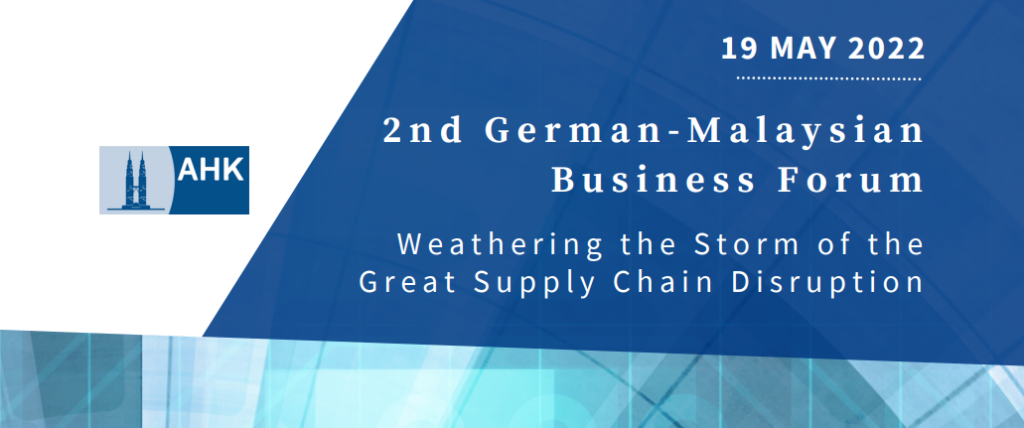
Whether you are currently going into work or have to work from home, the Covid-19 pandemic has changed the way we work. Anxiety and fear created by the disease and other resulting strong emotions can overwhelm people. Stress in the workplace can lead to burnout or worse.
Malaysia and Singapore saw rises in suicides and calls to psycho-social helplines amid the pandemic.In Malaysia, there were 468 suicides in the first five months of 2021. Singapore had 452 last year, their highest since 2012.
Depression is a catastrophe that carries a very high suicide rate. The World Health Organisation (WHO) states there’s an overall prevalence of mental disorders of 80-100% in cases of suicide.
Even Silicon Valley and the tech startup scene have a large and growing problem with suicide and mental illness.
A lot of attention was given to the suicides and mental illnesses of prominent figures, such as Austen Heinz, the founder and CEO of Cambrian Genomics that took his own life. It’s mostly people at the executive and founder levels of companies who look to be at risk.
Regardless of societal stigmas around mental illness, disorders do not discriminate. Neither should we.

Depression can flatten people out and is hard on their families. It’s very physically damaging. Prolonged lockdowns, isolation and unemployment add to the strain.
People who are suicidal often feel backed into a corner with no options. No matter where they turn, there’s something terrible to face. And they can’t see any way out.
Sometimes, that might be more true than we would like to think. We tend to think that people’s problems are mainly psychological, but they are not always. Most people go to clinical psychologists, not for mental illness, but because they have a complexity management problem.
Their lives have gotten out of hand and they don’t know how to get it under control. All sorts of things can do that, which make you anxious or depressed.
We are always threatened by the collapse of the structures that we inhabit constantly, whether it’s familial, spousal, economic or social.
But the basic problem is that things got beyond you. That has a physical cost that isn’t merely “psychological”.
You have limited capacity to deal with emerging complexities from a biological resource standpoint. There isn’t that much of you. You’re understaffed. You wi’ll exhaust your physical resources.
There are two reasons things fall apart. The first is entropy, a system’s gradual decline into disorder. Illustrated below with an image of ice molecules turning into water.

The second is the tendency of people not to attend to things they know they should attend to.
We do that because problems always announce themselves with negative emotions like pain, grief or anxiety. If it’s a problem that needs to be solved, freezing and turning away from it to avoid confrontation isn’t a good solution.
Since things tend to fall apart even when left alone like a house that needs constant upkeep, it’s just going to get worse and not better if you ignore it.
If you’re severely depressed, seeking therapy or taking antidepressants could help.

Maybe you’re depressed because your life isn’t together. Some people can be depressed even if their lives look fine. But nobody’s life is fine. Everyone’s life is a tragedy.
Examine if you have friends, an intimate relationship and a reasonable career.
Are you as educated as you are intelligent? Do you have useful things to do outside of work? Do you have drug or alcohol problems?
Are there behavioural issues like irregular sleep, lack of eating and regular exercise that contribute to the illness?
You want to alter all of that and make observable interventions at any possible level.
But sometimes people’s lives are so wrecked they don’t know where to start.
It’s very different from having a terrible life than being depressed.
Antidepressants can only help so much if you have a terrible life. But it may help you stick around long enough to put it back together. It can be done. It has.
Try psychological, medical and behavioural interventions. Call someone. Talk.
When you’re sick, you do what is necessary to get better and leave your pride behind. You wouldn’t blame a diabetic for taking insulin, but cultural stigmas around mental illness are barriers to accessing life-saving mental health services.
Stigmas come from ignorance and fear. Traditionally, not good places of judgement.Instead, you’d want to hit the problem with everything that you’ve got at your disposal.
You might have more than you know.

If you find yourself struggling with mental health, contact the hotlines for help :
BEFRIENDERS
KL: 03-7956 8145 (24 hours)
Ipoh: 05-547 7933 (4pm to 11pm)
Penang: 04-281 5161 (3pm to midnight)
MALAYSIAN MENTAL HEALTH ASSOCIATION (MMHA)
03-2780 6803
Mental Health Awareness and Support Association (MIASA)
Contact Number: 03-7932 1409
BEFRIENDERS
KL: 03-7956 8145 (24 hours)
Ipoh: 05-547 7933 (4pm to 11pm)
Penang: 04-281 5161 (3pm to midnight)
MALAYSIAN MENTAL HEALTH ASSOCIATION (MMHA)
03-2780 6803
Mental Health Awareness and Support Association (MIASA)
Contact Number: 03-7932 1409








